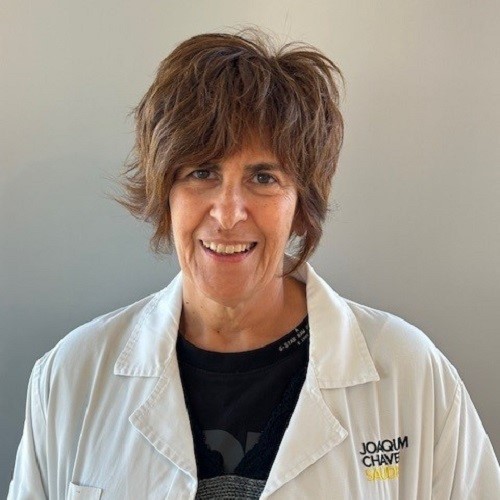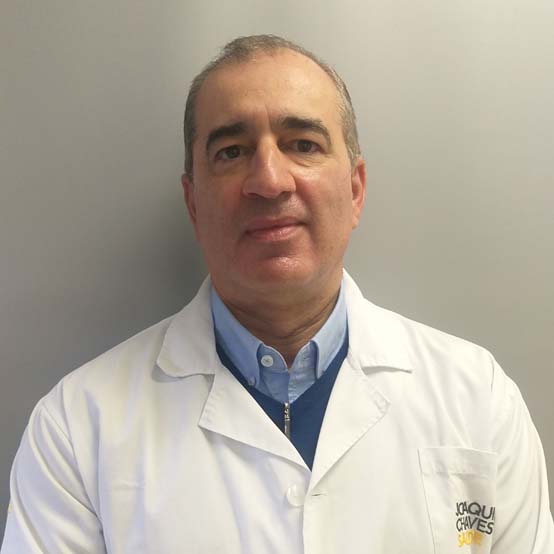How is the thyroid diagnosed?
Thyroid disease diagnosis should be carried out by an Endocrinology specialist and usually begins with palpation of the gland to detect any anomalies, such as enlargement or nodules.
Blood tests may be necessary to assess the presence of TSH, T4 and T3, thus detecting any hormone imbalances. Some imaging examinations can help reach a definitive diagnosis, as they help assess the structure of the thyroid and identify nodules, goitre and other anatomical irregularities.
If nodules are detected, the physician may request a biopsy to extract a tissue sample for laboratory analysis to determine if there are signs of malignancy.
How are thyroid diseases treated?
Thyroid disease treatment depends on the specific type and severity of the disorder. The most common treatments include:
Medication
The physician may prescribe medication to help restore the body’s normal hormone levels, whether by reducing (for hyperthyroidism), or increasing (for hypothyroidism). Betablockers can also be useful to control specific symptoms, such as heart rate and tremors.
Surgery
Surgical intervention may be necessary when the nodules are malignant or cause serious symptoms. Removal may be partial or total, depending on the severity of the condition.
Can thyroid diseases be prevented?
Thyroid diseases cannot be entirely prevented, as they have multifactorial causes, some associated with genetic factors, which cannot be controlled. However, it may be useful to adopt the following habits:
• Ensure adequate iodine intake through food. Iodine is present in saltwater fish, shellfish (like muscles or cockles), seafood, milk and dairy;
• Keep your routine check-ups up to date, as some thyroid diseases are silent;
• Don’t smoke. Tobacco increases the risk of developing autoimmune disorders which, in turn, can compromise normal thyroid function.





